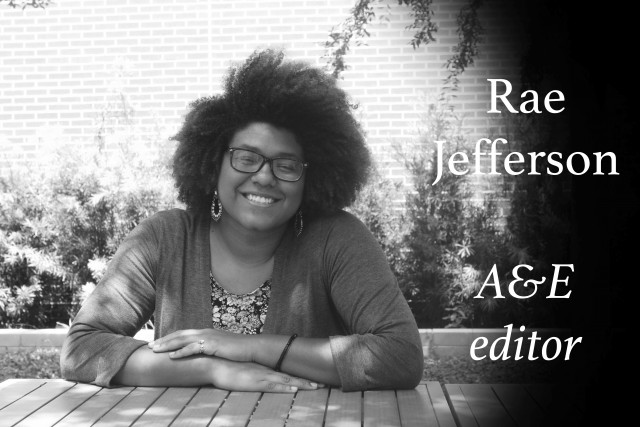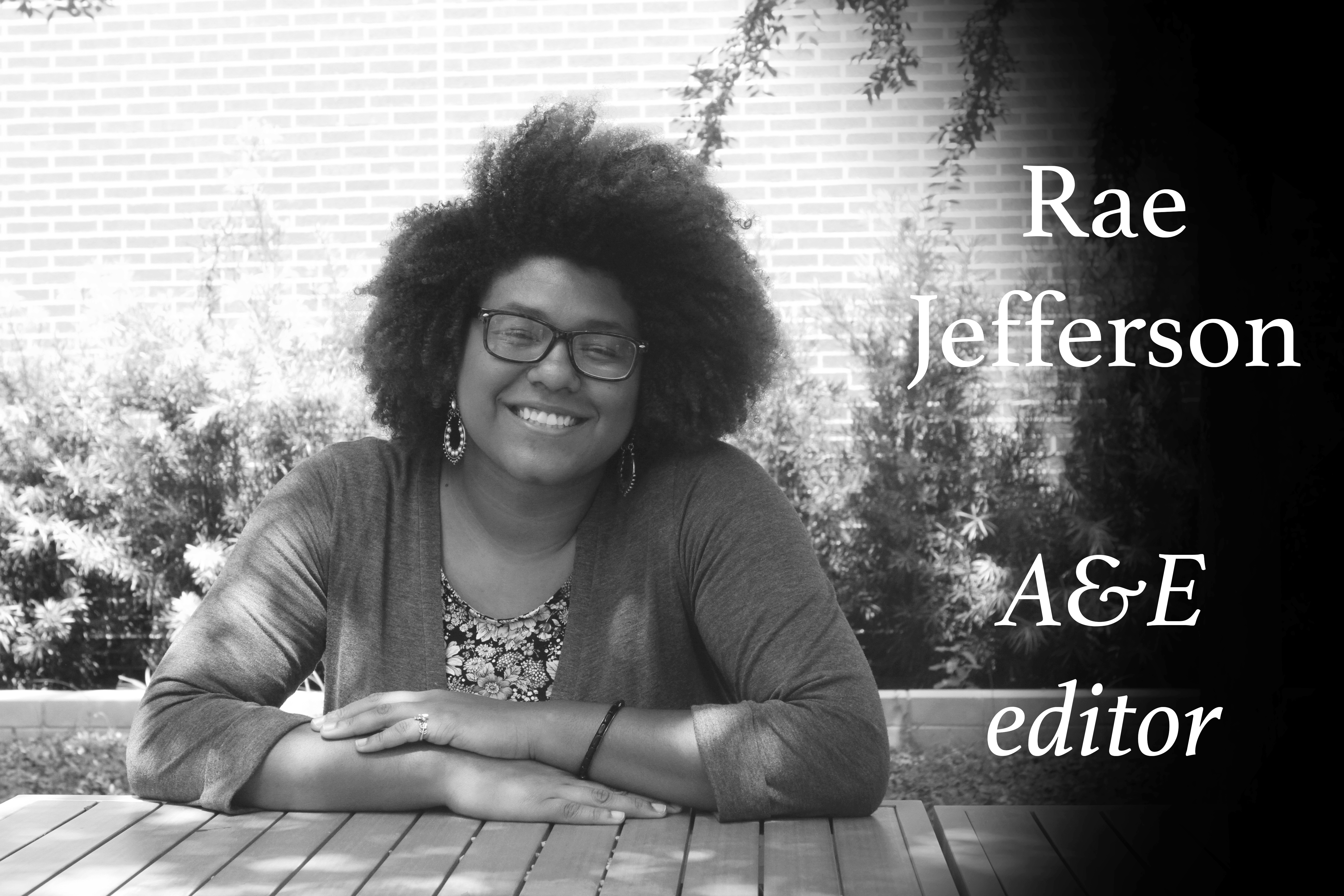 By Rae Jefferson
By Rae Jefferson
Arts and Entertainment Editor
As I write this column, I can only think of the long to-do list I have been mentally keeping track of for the past three years. One of the most pressing tasks is to finish my basic courses at a local community college this summer. I’m under pressure because the university stops accepting transfer credits during a student’s final 30 hours at Baylor.
A final semester of Spanish still looms over my head, and there’s absolutely no way I can feasibly take the course at Baylor during my senior year. Considering I haven’t had a Spanish course in over a year, I’d quickly drown in a sea of verbal conjugations and foreign literature. I also need to finish up my lifetime fitness requirements, which have been put on the back burner in favor of classes that actually matter for my future.
While I realize the importance of learning a new language, I don’t understand why I, a journalism major, have to deal with the hassle of taking four of Baylor’s outlandishly difficult foreign language courses and four inconvenient lifetime fitness classes. Many others on campus aren’t required to perform the same task.
I’m not talking about students who are fluent in a language and choose to test out of the courses, or athletes and ROTC students who earn credits for alternative courses that require them to put in the same amount of work as the rest of us.
I’m referring to the fact that not all degree plans are created equal.
Students seeking a bachelor of arts or science are required to take four semesters of both foreign language and lifetime fitness.
Fine arts students with a focus in theater are only required to take two semesters of lifetime fitness and three semesters of foreign language.
Business students take three semesters of foreign language and two lifetime fitness courses, one of which is a lecture-based health class.
Worst of all, education students are required to take a single lifetime fitness course and no language courses at all.
(Insert side-eye emoji here.)
There may be reasons behind the severe discrepancies between degree plans, but I don’t see how Baylor can justify requiring some students to leave the university more “well-rounded” than others.
Furthermore, I don’t think it’s reasonable to require some students to work significantly harder than others. Students in the College of Arts and Science complete 16 hours of language and fitness, while education students only fulfill one.
The core requirements should be more consistent across the board. There’s no reason one major should be required to complete 15 more hours of work than another. If the argument is that education students have fewer core classes because they do more work in classes oriented to educational work, then every student should be allowed to take more courses geared toward their major.
I don’t like Spanish, and I don’t care for the fact that I have to waste four hours of my already crowded schedule on fitness classes. I don’t think it would be as painful if I had the comfort of knowing each student was in this struggle with me.
But they’re not, and we all know I’d gladly trade places with them if I could.
I dare to say most of them wouldn’t come to the dark side.
Rae Jefferson is a junior journalism major from Houston. She is the arts and entertainment editor and a regular columnist for the Lariat.





